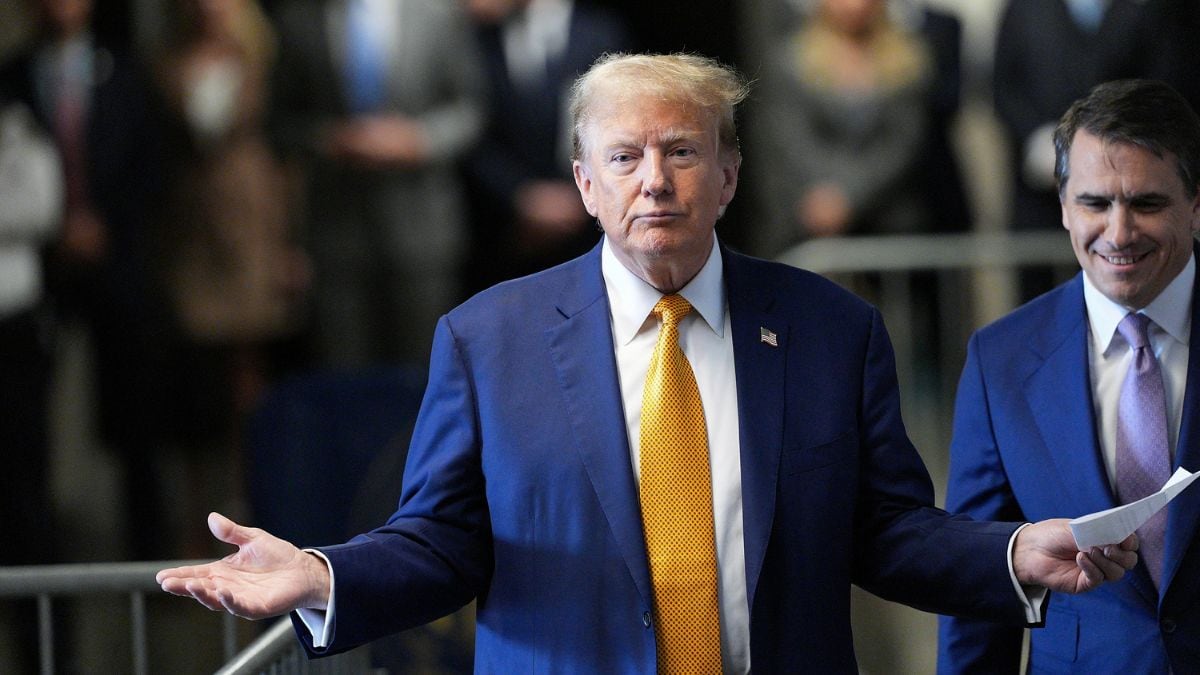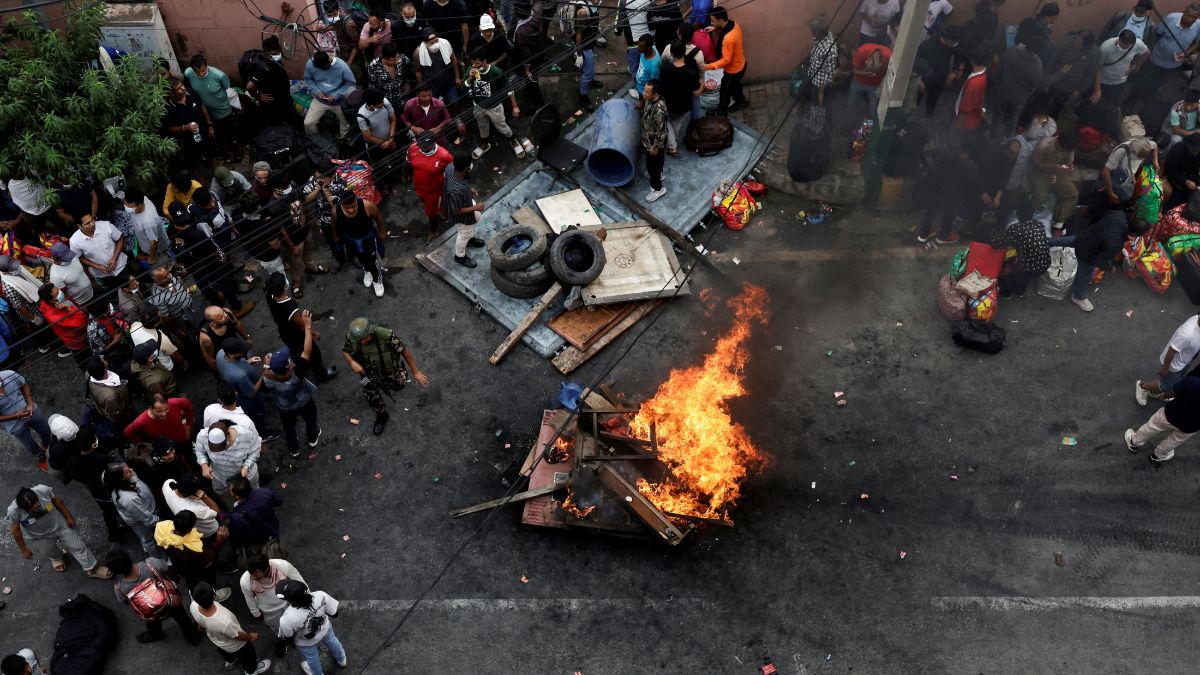Nepal’s ‘Gen Z’ groups on Thursday proposed Kulman Ghising, a former Managing Director of Nepal Electricity Authority (NEA), to head the country’s interim government, according to Kantipur TV.
The development came a day after Sushila Karki, a former Chief Justice of Nepal, emerged as the frontrunner to be the interim leader. But a statement in the name of ‘Gen Z Nepal’ has now said that Karki is no longer under consideration for multiple reasons.
Firstly, even as virtual deliberations of various youth groups made Karki as the frontrunner, the Constitution of Nepal bars her from being the prime minister.
“No Chief Justice or Judge of the Supreme Court shall be engaged in or deputed to any office other than that of Judge,” the Article 132 of the Constitution says.
Secondly, Karki is above 70 and the statement said she could not represent the aspirations of the youth.
जेन जीको नाममा अर्को विज्ञप्ति : सुशीला होइन, कुलमानलाई पठाउने
— Kantipur TV HD (@KantipurTVHD) September 11, 2025
जेन जीकै नाममा सार्वजनिक अर्को एउटा विज्ञप्तिले भने सुशीला कार्की नभएर कुलमान घिसिङलाई अन्तरिम सरकारको अध्यक्षका रुपमा पठाउने निर्णय भएको जनाएको छ । यसले फरक-फरक समूहले फरक नामहरु अघि बढाइरहेको देखिएको छ।
'संविधान… pic.twitter.com/DwScLuFX0F
Others who have been proposed to be the interim leader are Kathmandu Mayor Balen Shah and Dharan Mayor Harka Sampang. But no name —whether Ghising, Karki, Shah, or Sampang— has been finalised. Officially, KP Sharma Oli would remain the Prime Minister of Nepal until the formation of the new government.
Why has Ghising’s name been proposed?
The Gen Z Nepal group said in its statement that Shah has not shown interest in being the interim leader and Sampang does not enough widespread support, which makes Ghising as the most feasible candidate, according to Kantipur TV.
“Since Balendra Shah did not show interest, there is a low probability that Harka Sampang can lead everyone, and Sushila Karki is ineligible and over 70 years old, it has been decided to send Kulman Ghising—the patriotic person who freed Nepal from loadshedding and is liked by everyone—to lead the interim government,” the statement said in Nepali.
ALSO READ: After ousting Oli, Gen Z groups divided as consensus eludes leadership choice, form of new govt
To be sure, there are multiple youth groups and factions that are part of the ongoing movement and are part of the negotiations with President Ram Chandra Paudel that are being facilitated by Nepali Army. There is neither one leader nor any central hierarchical leadership.
Previously, Kantipur newspaper had reported various youth groups are suffering from deep fundamental divisions, power tussle, and mistrust.
While one faction has been discussing what the governance system should be, what kind of individuals should be in the government, and what the electoral system should entail, another faction is suspected by some of trying to gain credit by holding separate dialogues with the Nepali Army, the newspaper reported.
As for the direction of the country, two main groups have emerged among youth groups, with one leaving towards an active role for the army in the state and a return of monarchy that was abolished in 2008 and another that insists on a democratic system with a youth-centric team running the country, the report said.


)

)
)
)
)
)
)
)
)



